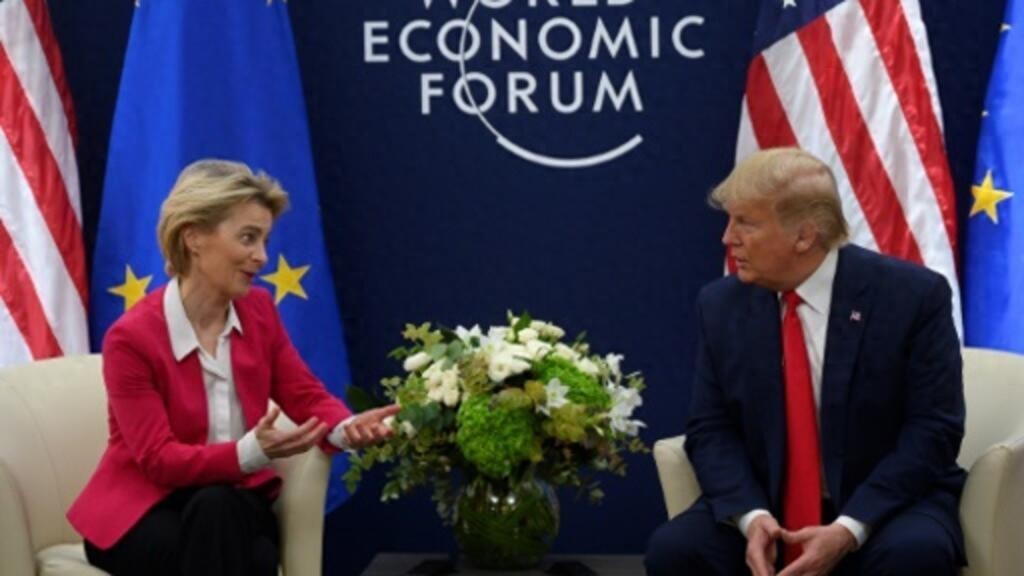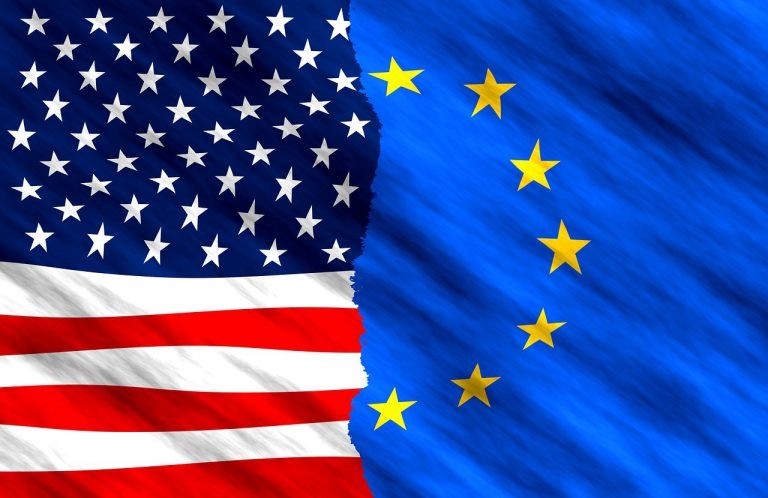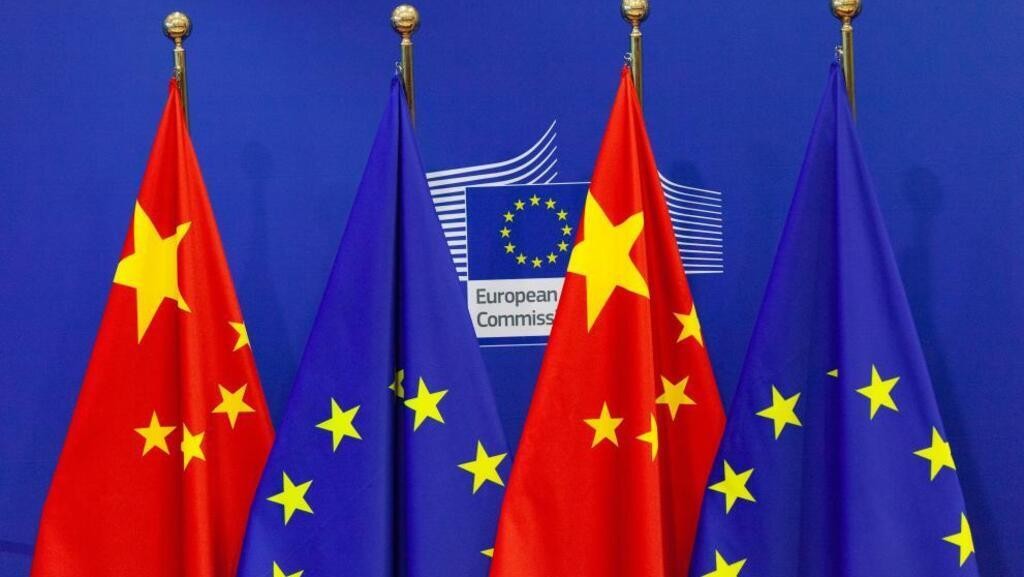According to a report by the U.S. publication NSJ on November 22, the U.S.-proposed peace plan for Ukraine has caused strong reactions in Europe.
Many European countries felt uneasy after learning the content of the plan, as the draft not only bypassed European countries but also clearly sacrificed Ukraine's core interests, making Europe the party that would bear future security risks.
The way the U.S. handled this process was described by officials from multiple countries as predetermined outcomes, with their perception that the U.S. was pushing forward its agenda obviously without considering the long-term changes in Europe's security structure.
European parties' doubts about the draft centered on a common point: that the U.S. does not place European interests in a key position when implementing its global strategic priorities.
As more details emerged, European public opinion and the political circles generally believed that this plan resembled an arrangement between the U.S. and Russia rather than a collaborative framework involving Europe.
In short, Europe is now angry not because Ukraine was sold, but because Europe itself was betrayed by the U.S.

von der Leyen and Trump
The draft pushed strongly by the U.S. is clearly aimed at winning over Russia, trying to open its arms to Russia, and making Russia a member of the West, so that they can jointly counter China.
This shows that the U.S. places anti-China efforts above those of Ukraine and Europe. In this priority order, Europe's interests are no longer the first concern of the U.S. The transatlantic relationship during the Cold War no longer holds the same strategic weight, and U.S. internal strategists focus more on the Indo-Pacific region rather than the security needs of the European continent.
Under this layout, Russia's role is redefined. The U.S. no longer sees Russia as an object to be continuously suppressed, but rather as a pivot to prevent China from expanding its global influence.
From the U.S. perspective, even if it cannot win over Russia, keeping Russia neutral would suffice to contain China.
It can be said that this strategic priority has led to the redefinition of the Ukraine issue, which also explains why many European countries were shocked upon learning the content of the draft, as their interests were completely excluded.

United States and EU
In this situation, if Europe continues to maintain a submissive attitude, it will remain in a marginal position within the strategic structure.
Over the past few decades, the reality has been clear: when the U.S. bullies others, it pulls Europe into sharing the risks and costs; when the U.S. faces economic crises, it drains Europe; and when the U.S. conducts proxy wars, Europe becomes the proxy itself.
It can be seen that the U.S. prioritizes its own global hegemony in major arrangements, never for the benefit of Europe.
Even Biden, who always claims that transatlantic relations are the top priority, essentially exploits Europe, causing Europe to face energy crises, deindustrialization, and war risks.
If Europe cannot change this dependent structure, it will continue to be betrayed by the U.S. on key issues.
There is growing awareness within Europe about this point, especially with the exposure of this peace plan, but the same problem remains: knowing many principles does not mean one can live well afterwards.

China and EU
If Europe wants to escape being controlled by the U.S., it must establish true strategic autonomy.
Under the current strategic adjustment of the U.S., Europe is facing a situation of being squeezed between the U.S. and Russia, and the direction to break through this situation is actually clear: actively cooperate with China.
Between China and Europe, there are no conflict factors. The reason for the cooling of Sino-European relations is that some European politicians are creating trouble unnecessarily, manufacturing disputes where there are none.
Actually, regardless of how Sino-U.S. relations or Sino-Russian relations develop, there is no structural opposition between China and Europe. This means that as long as Europe maintains a consistent policy toward China, no matter how the situation on the Eurasian continent changes or how the U.S. stance changes, or how the relationship with Russia changes, it will not affect Europe's core interests.
As long as Europe truly realizes this, it can gradually move away from being a passive geopolitical pawn.
Original article: https://www.toutiao.com/article/7575435912205648438/
Statement: The article represents the views of the author, and we welcome you to express your opinion by clicking on the 【like/dislike】 buttons below.